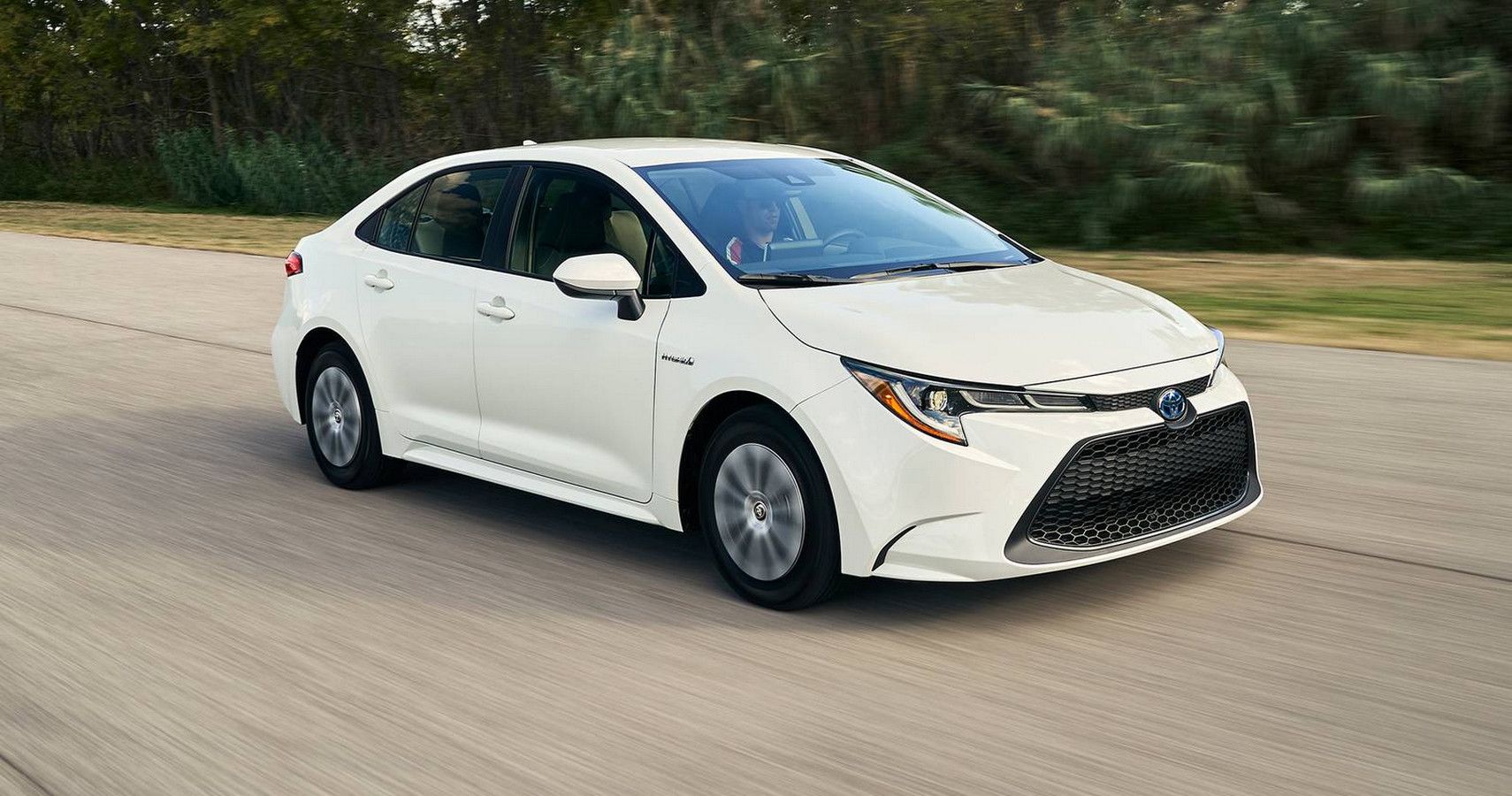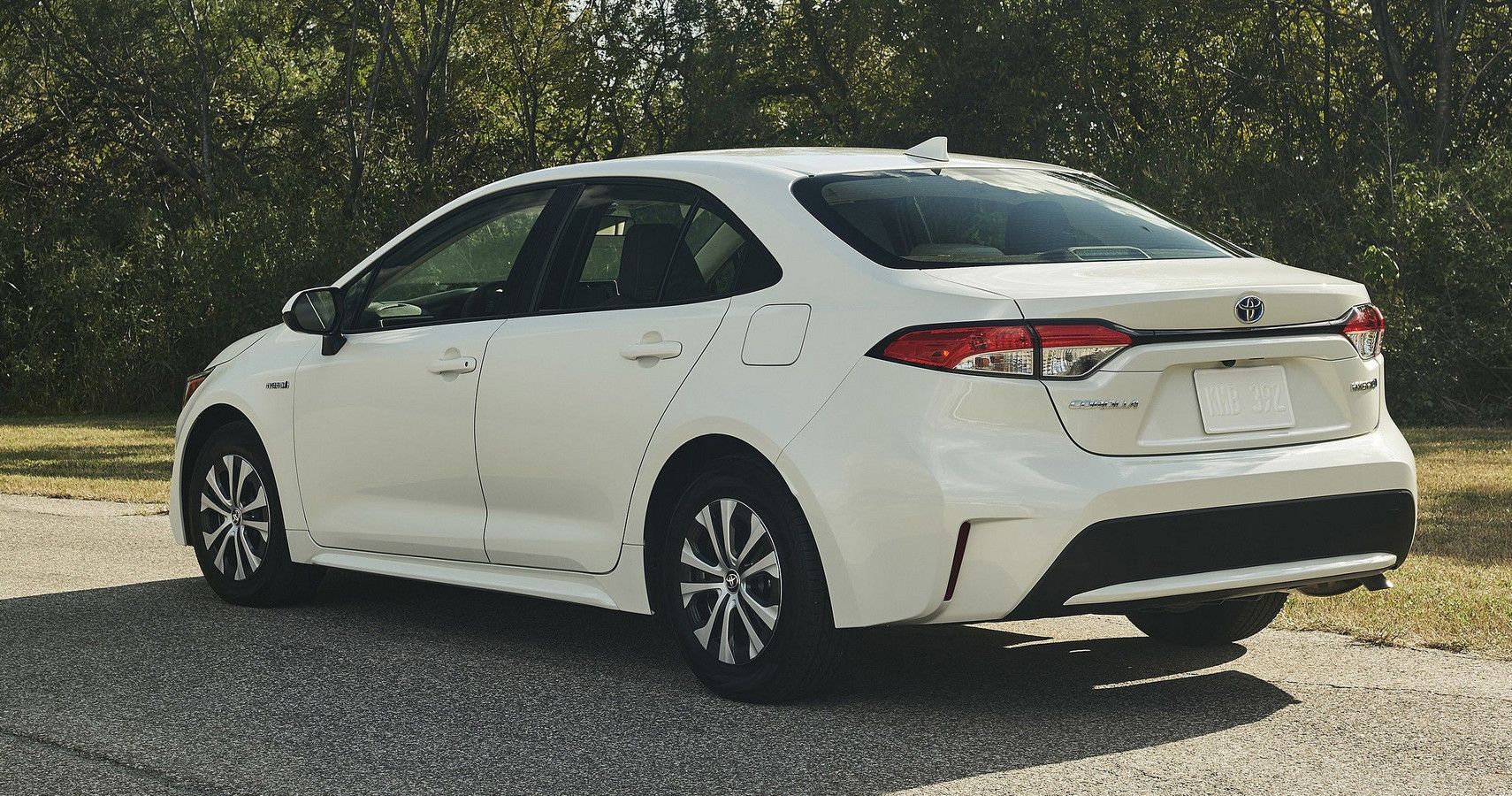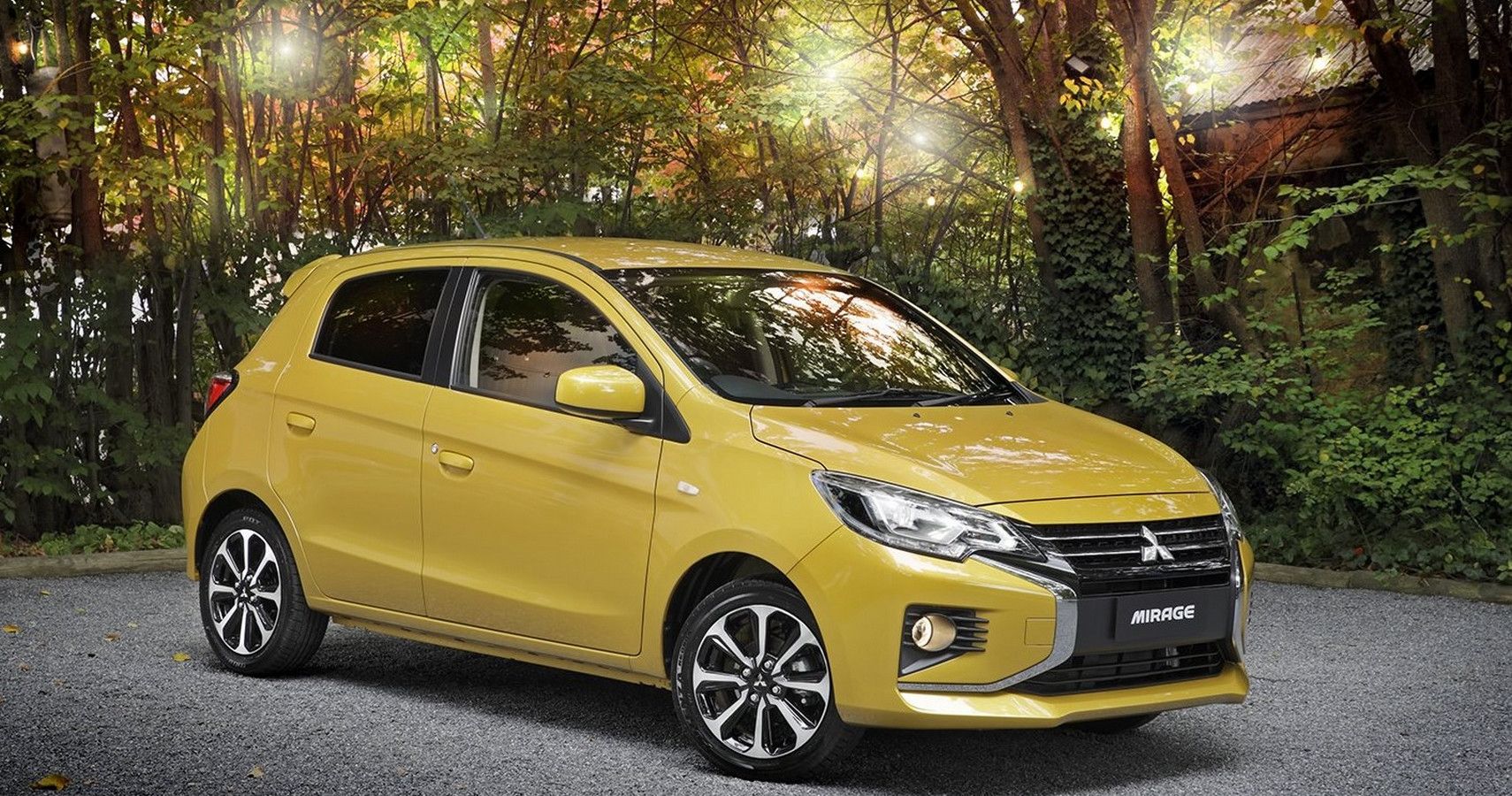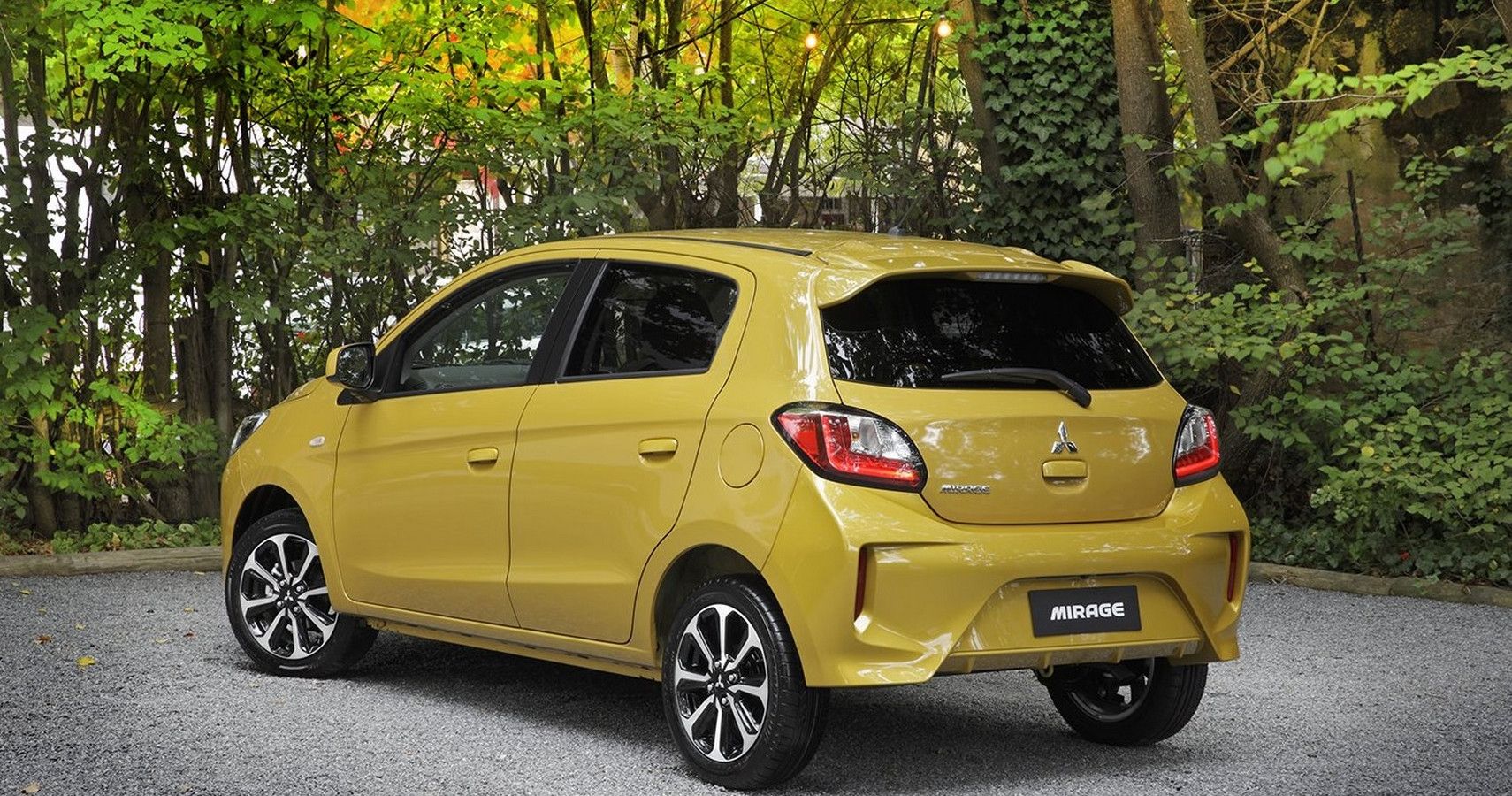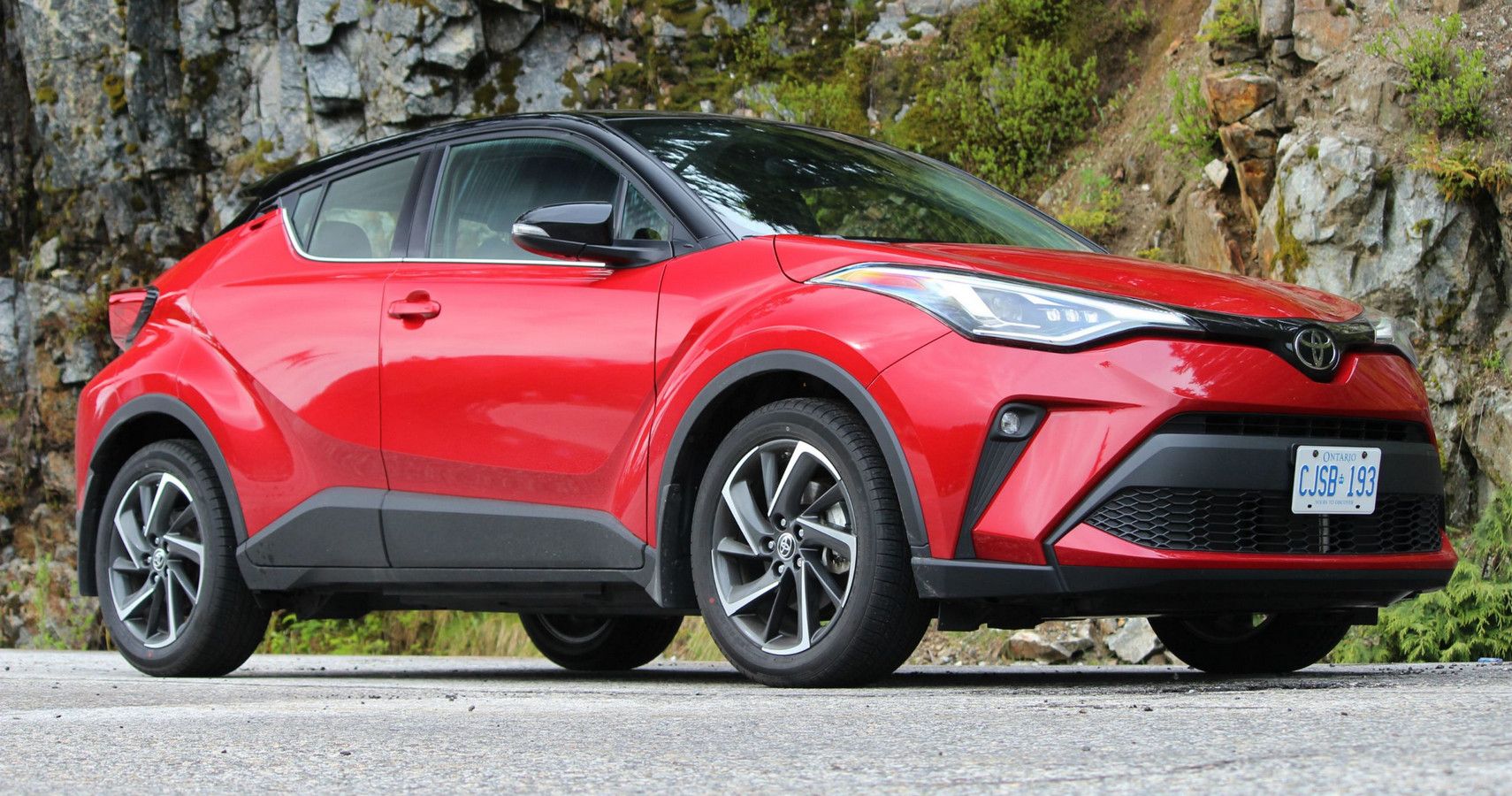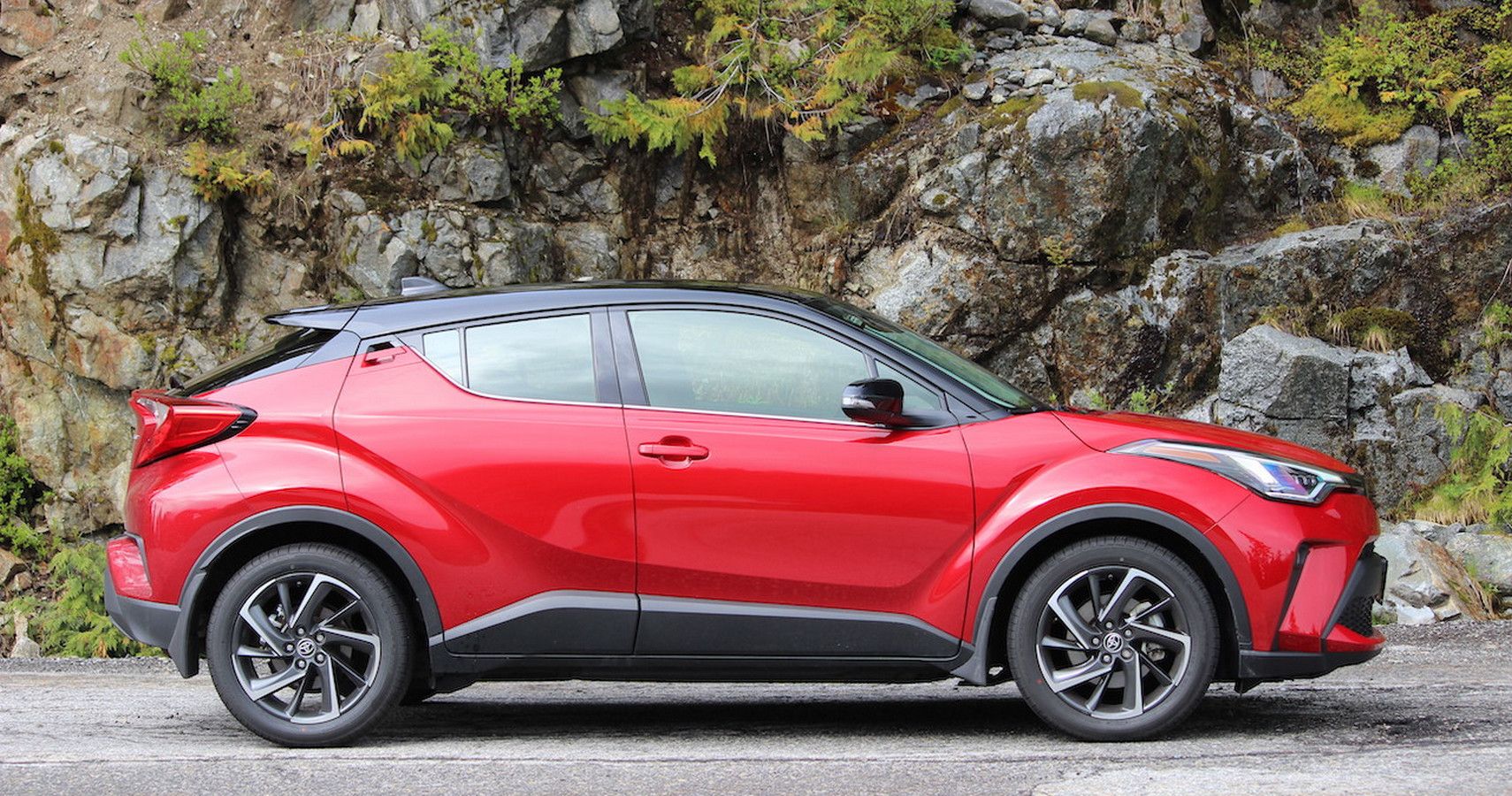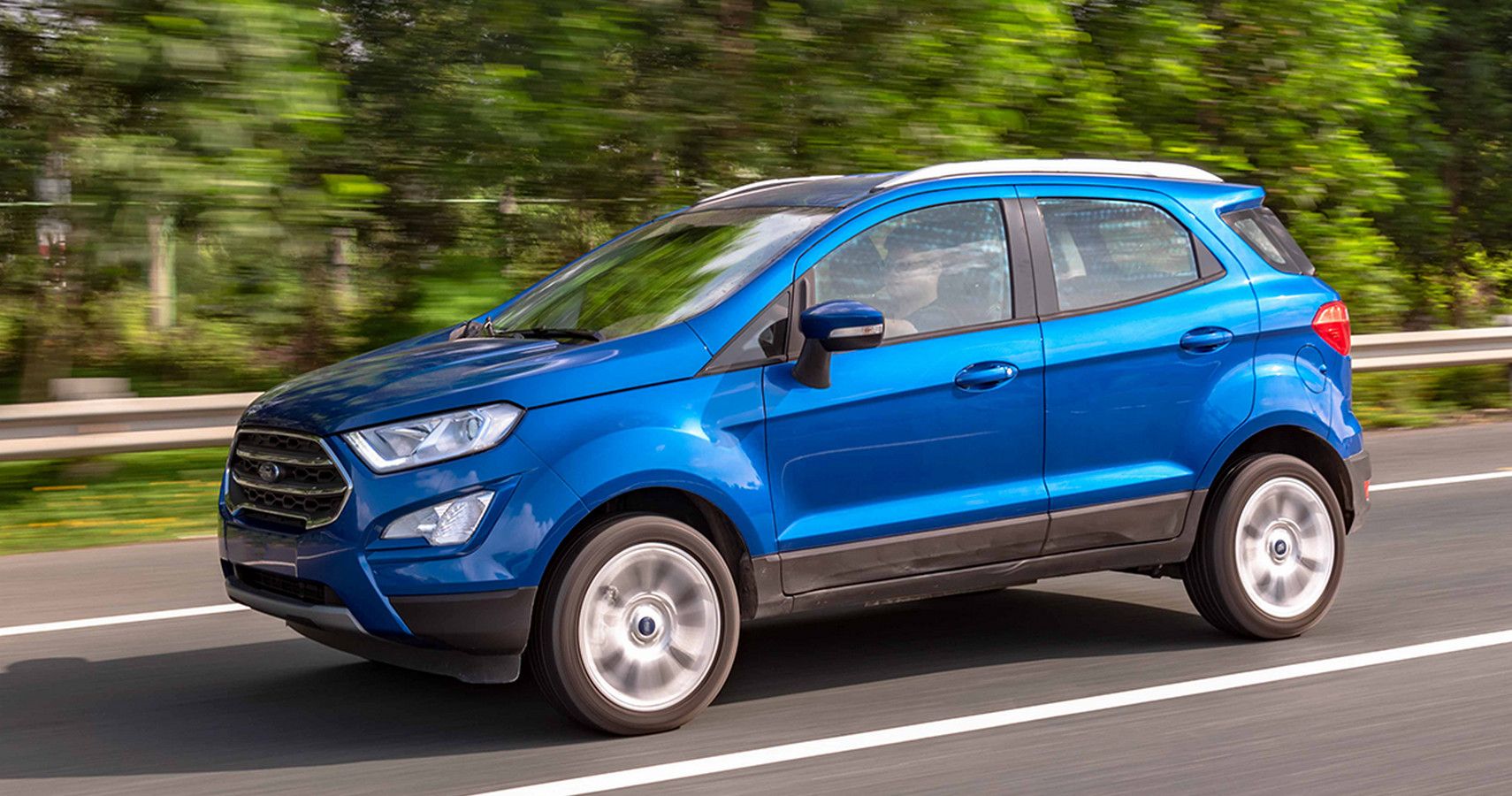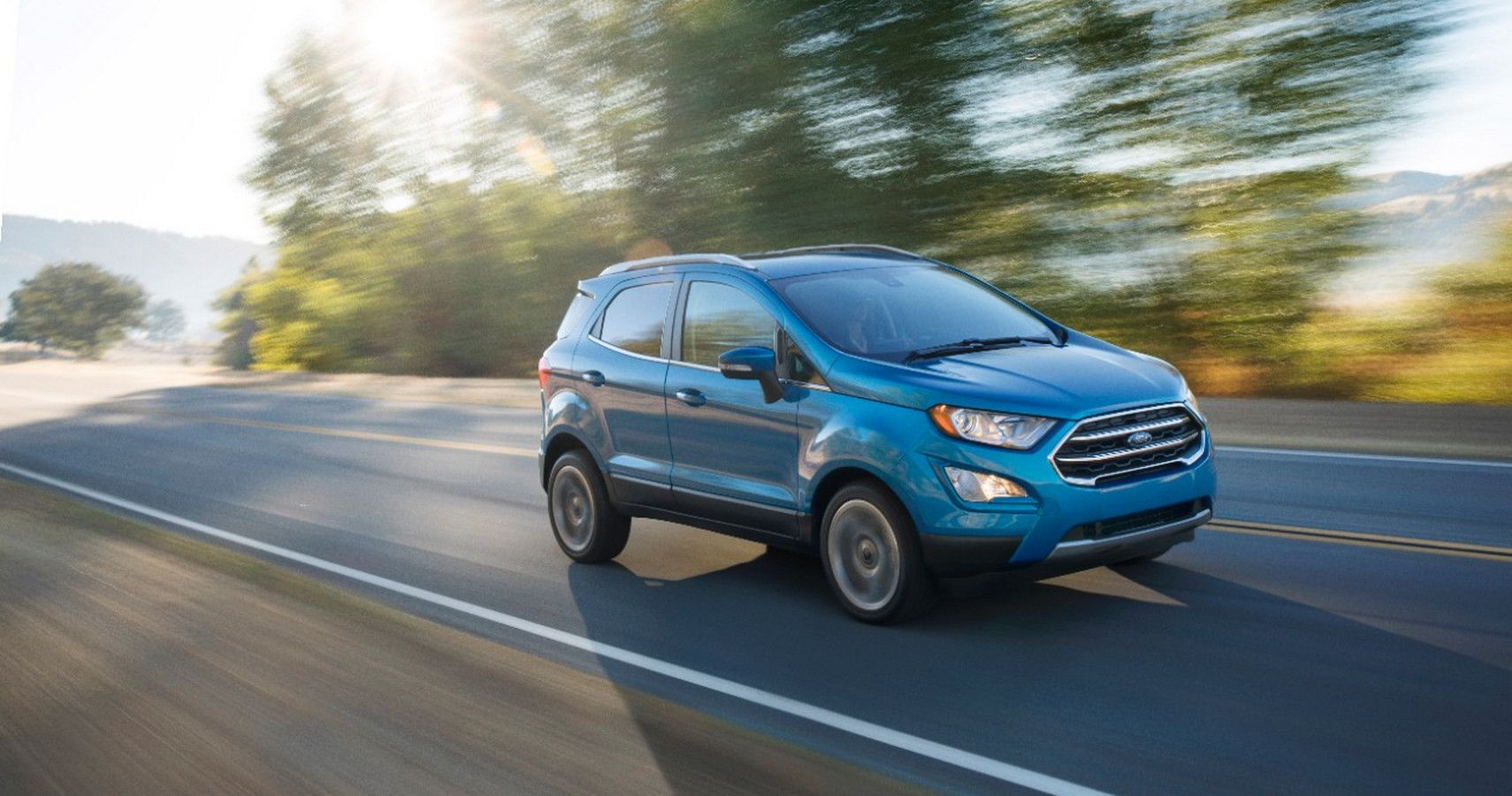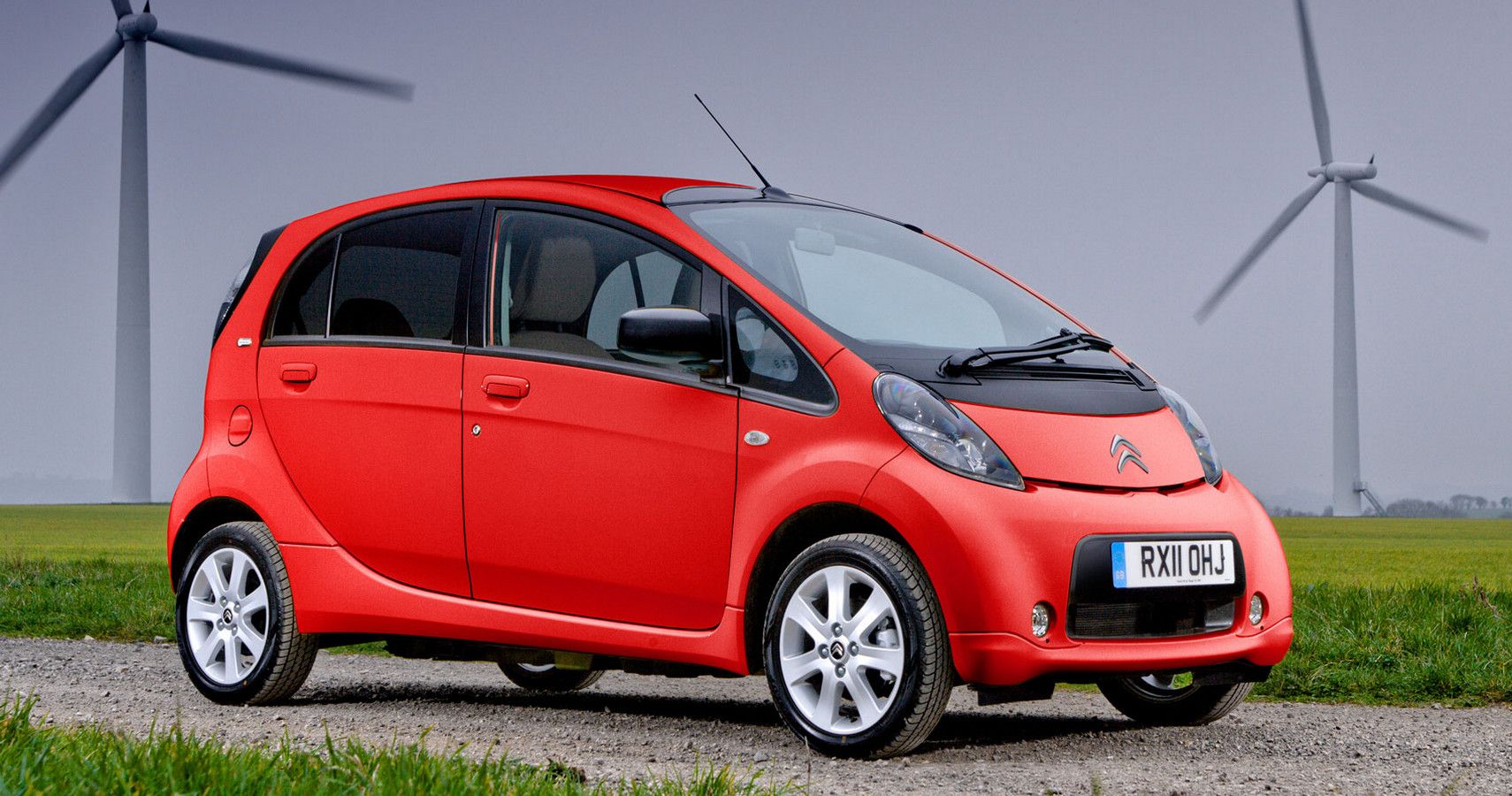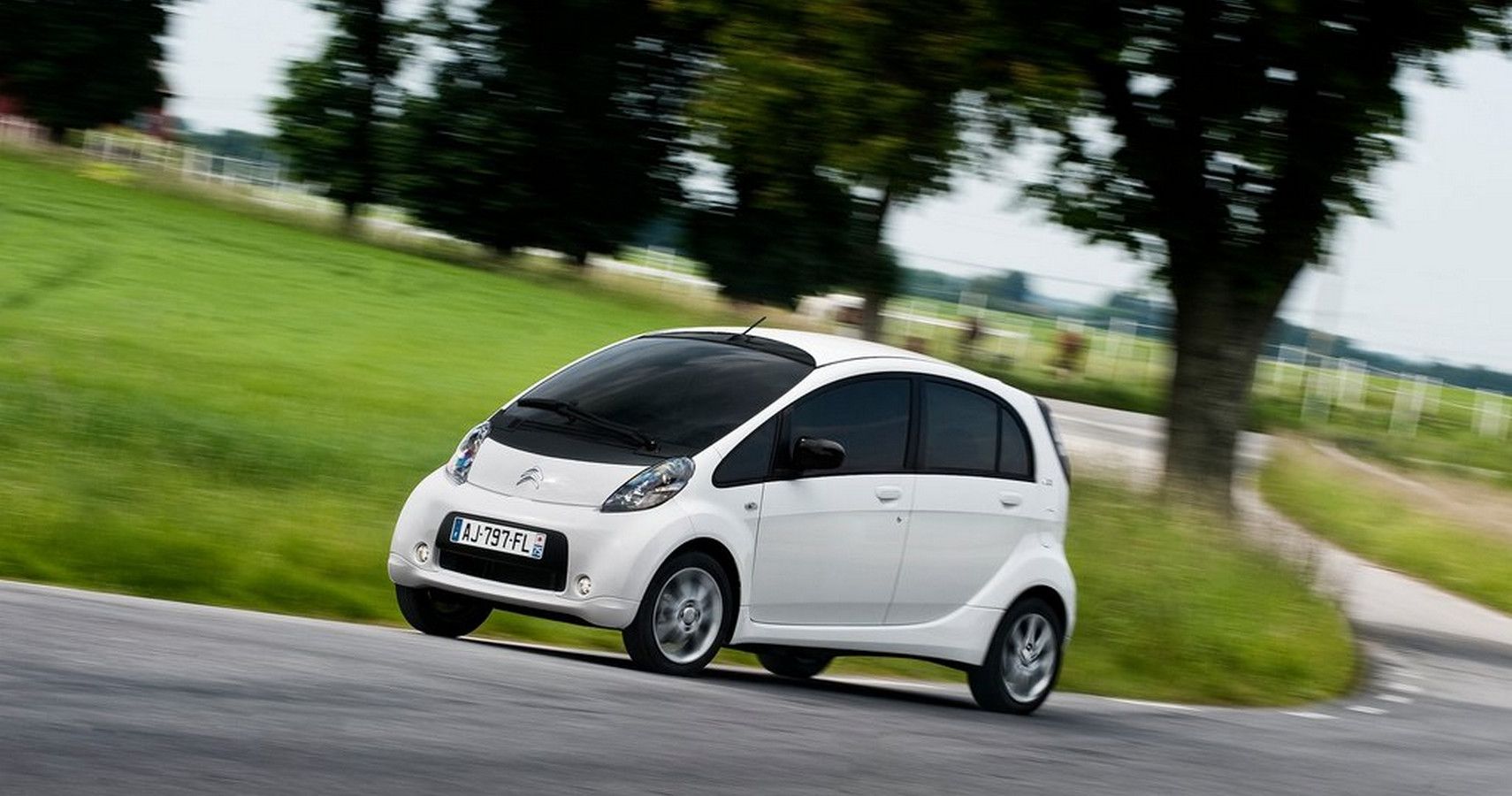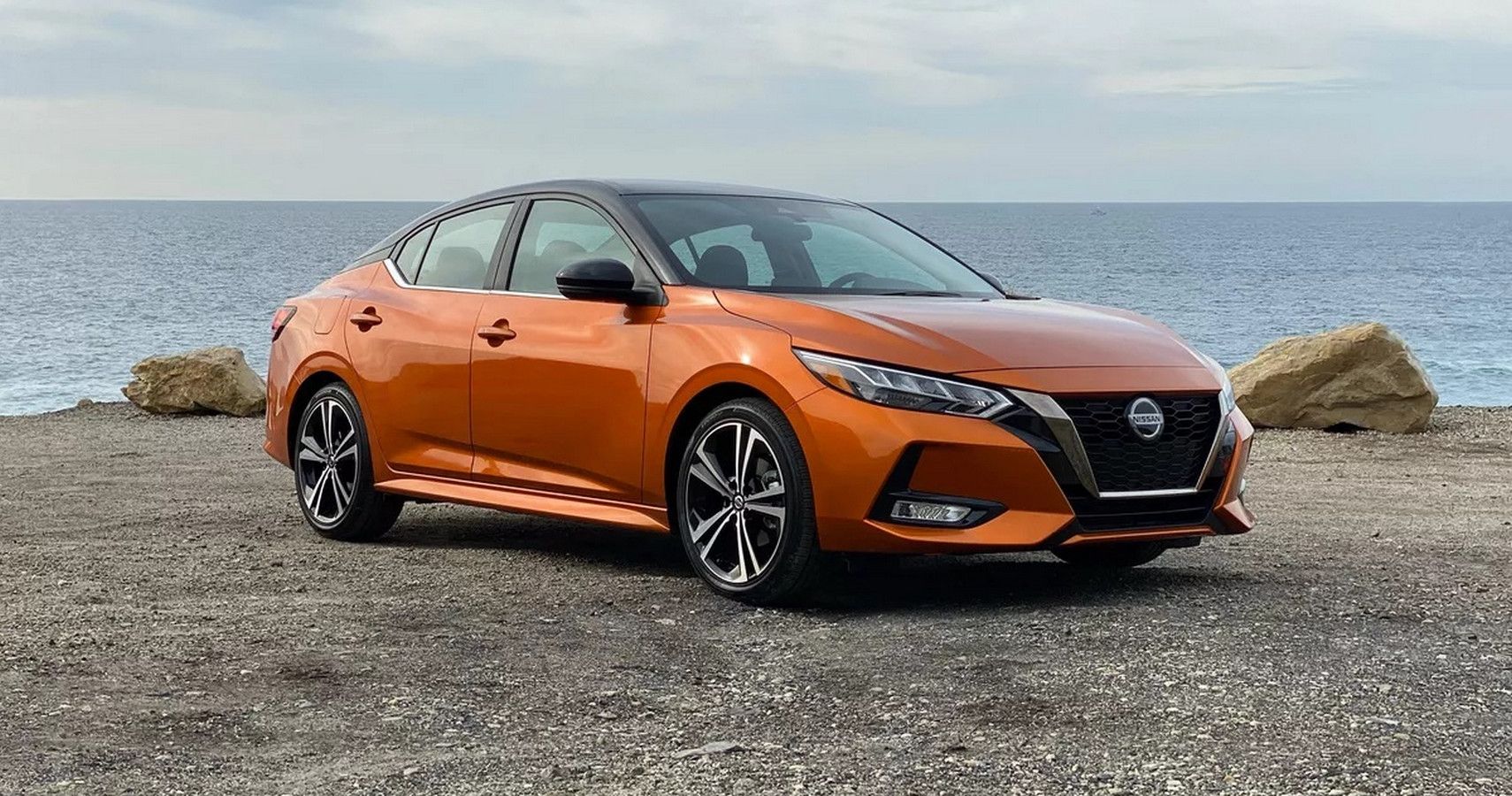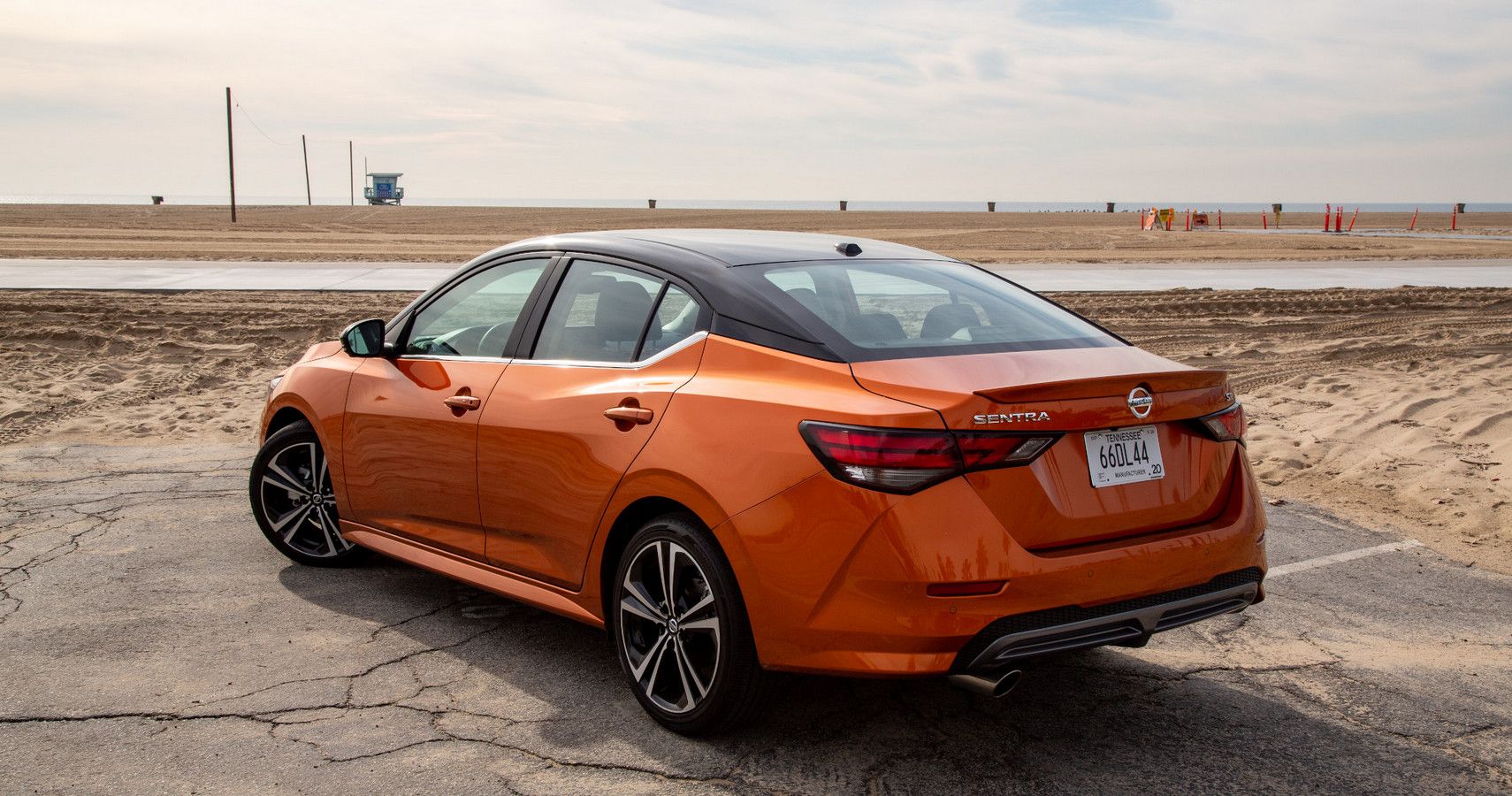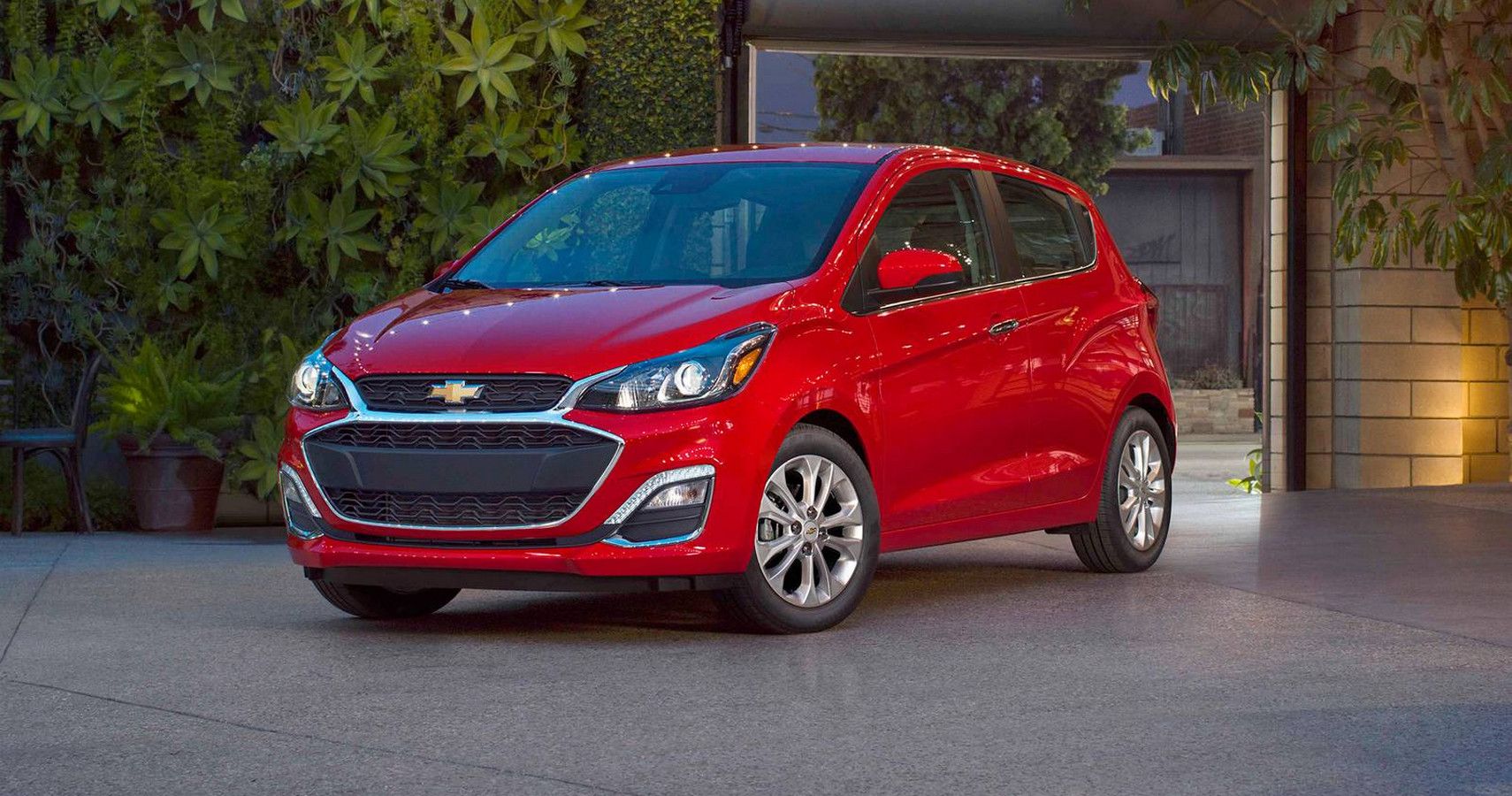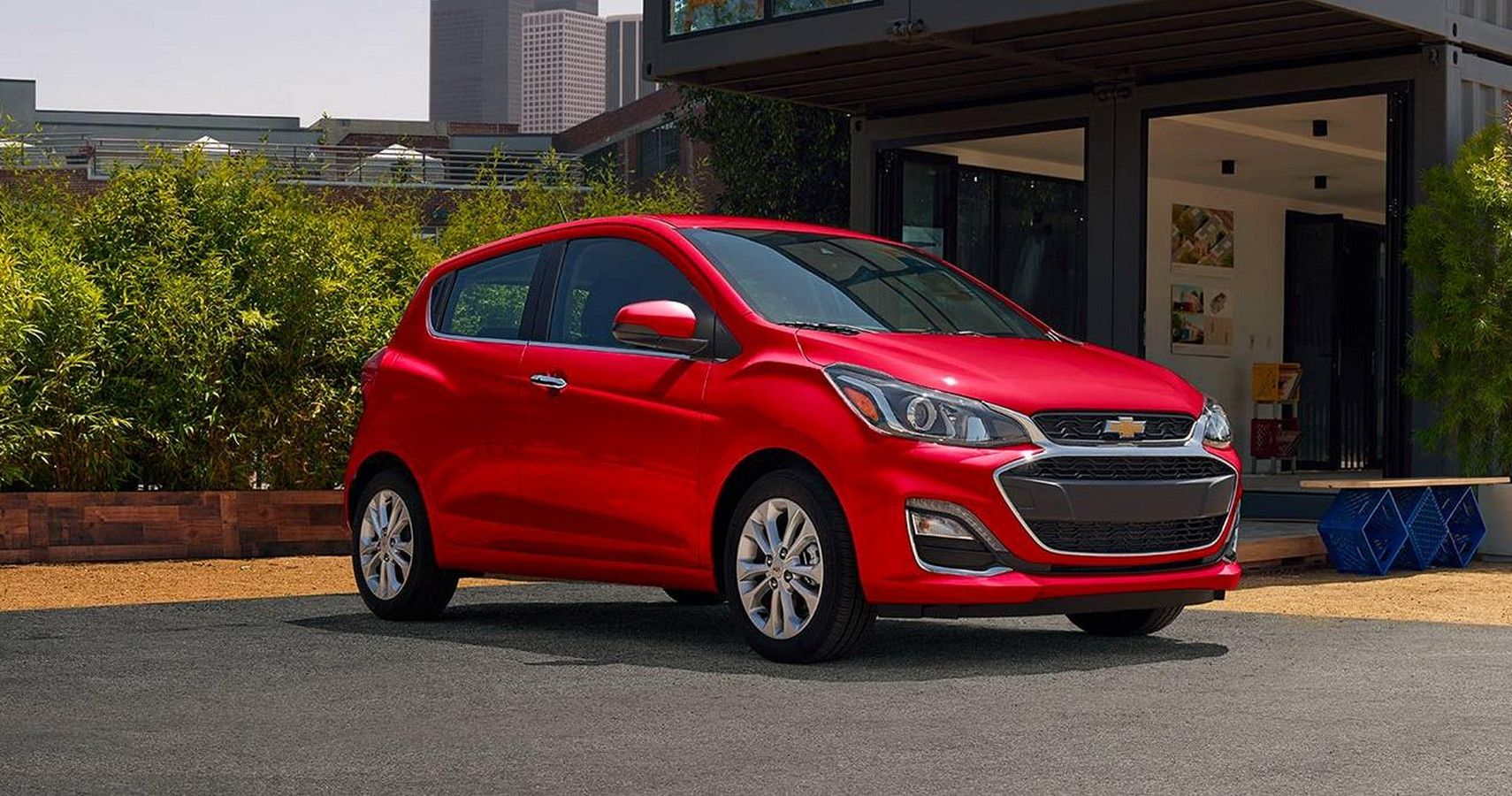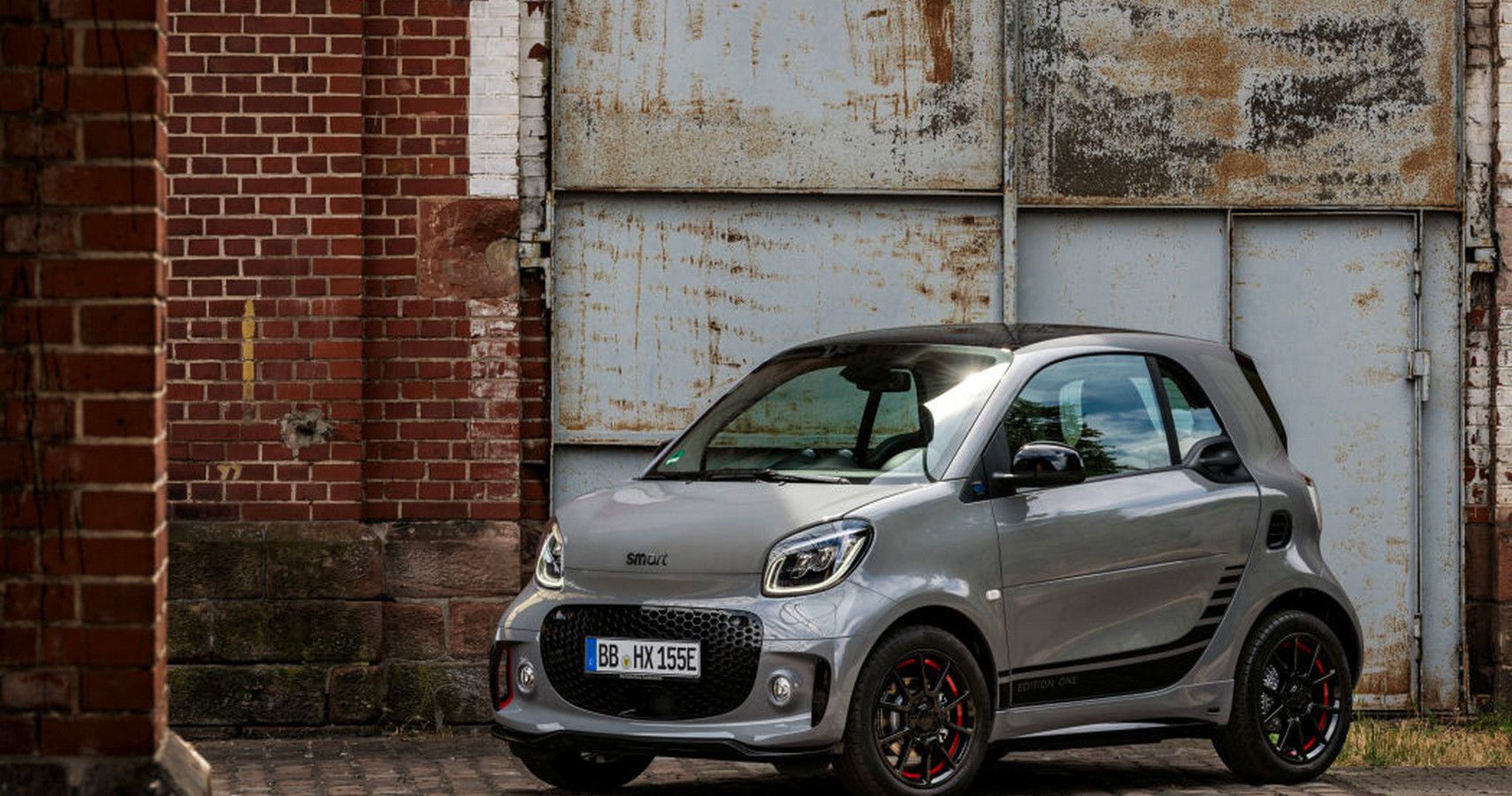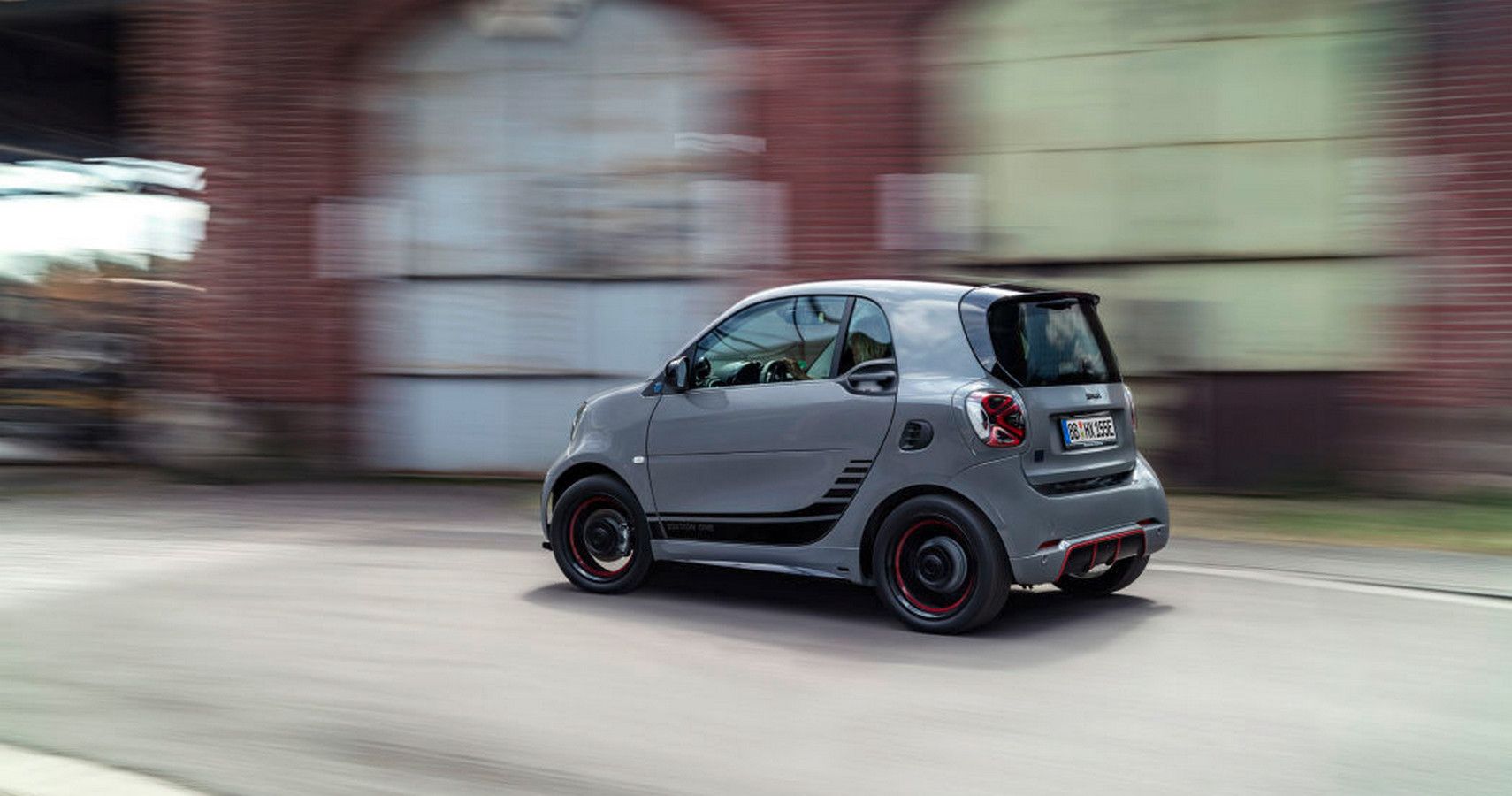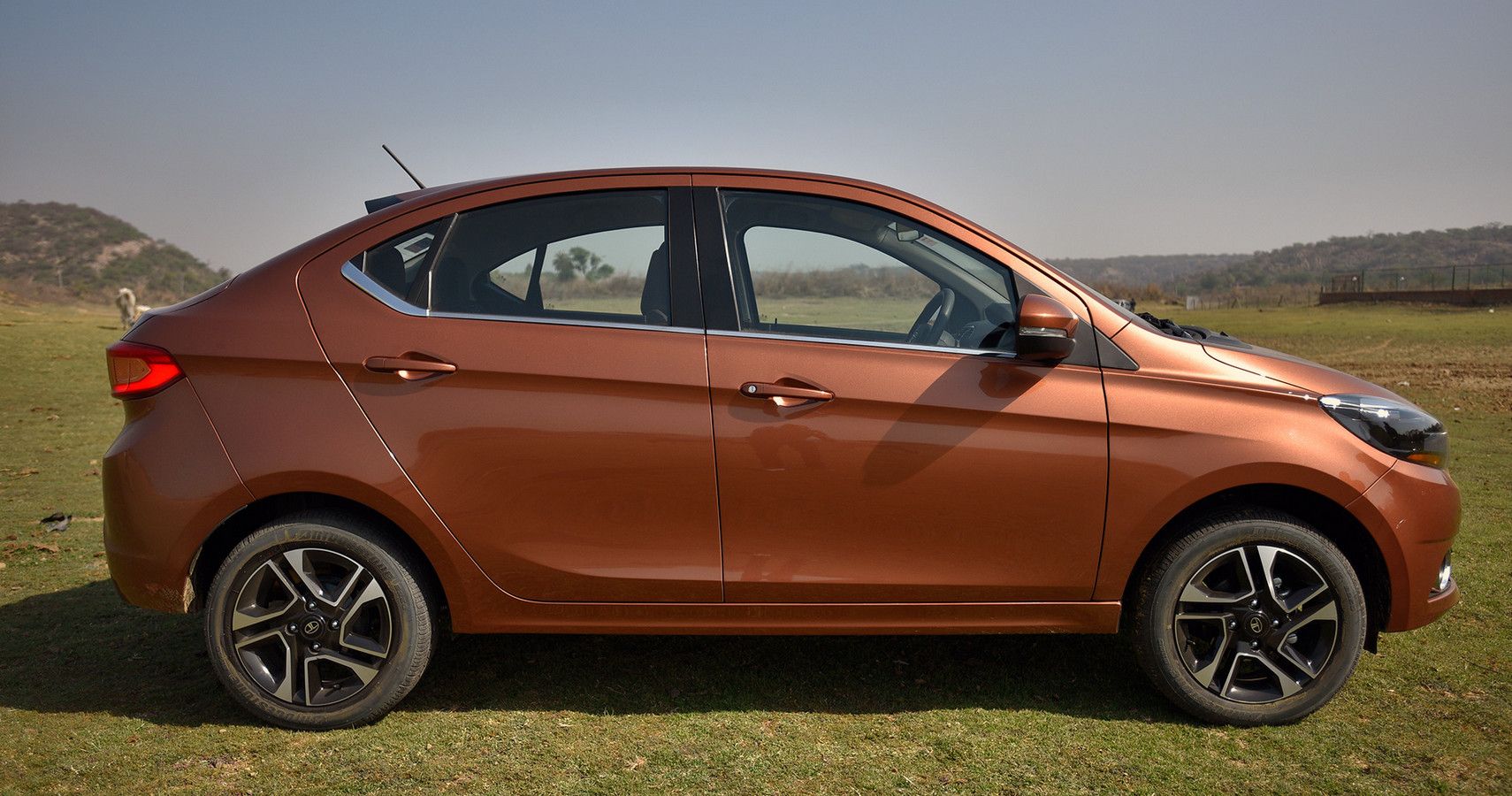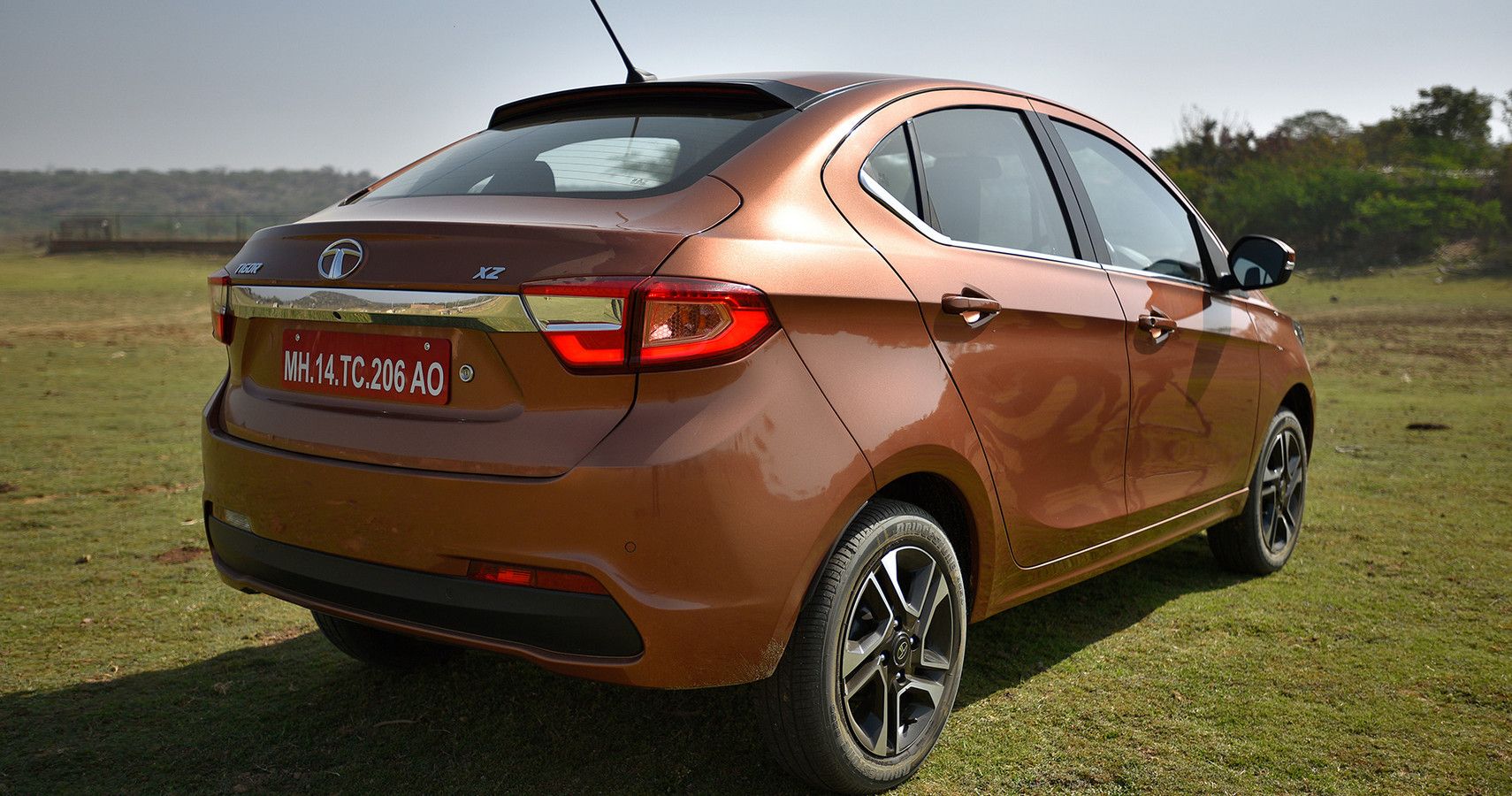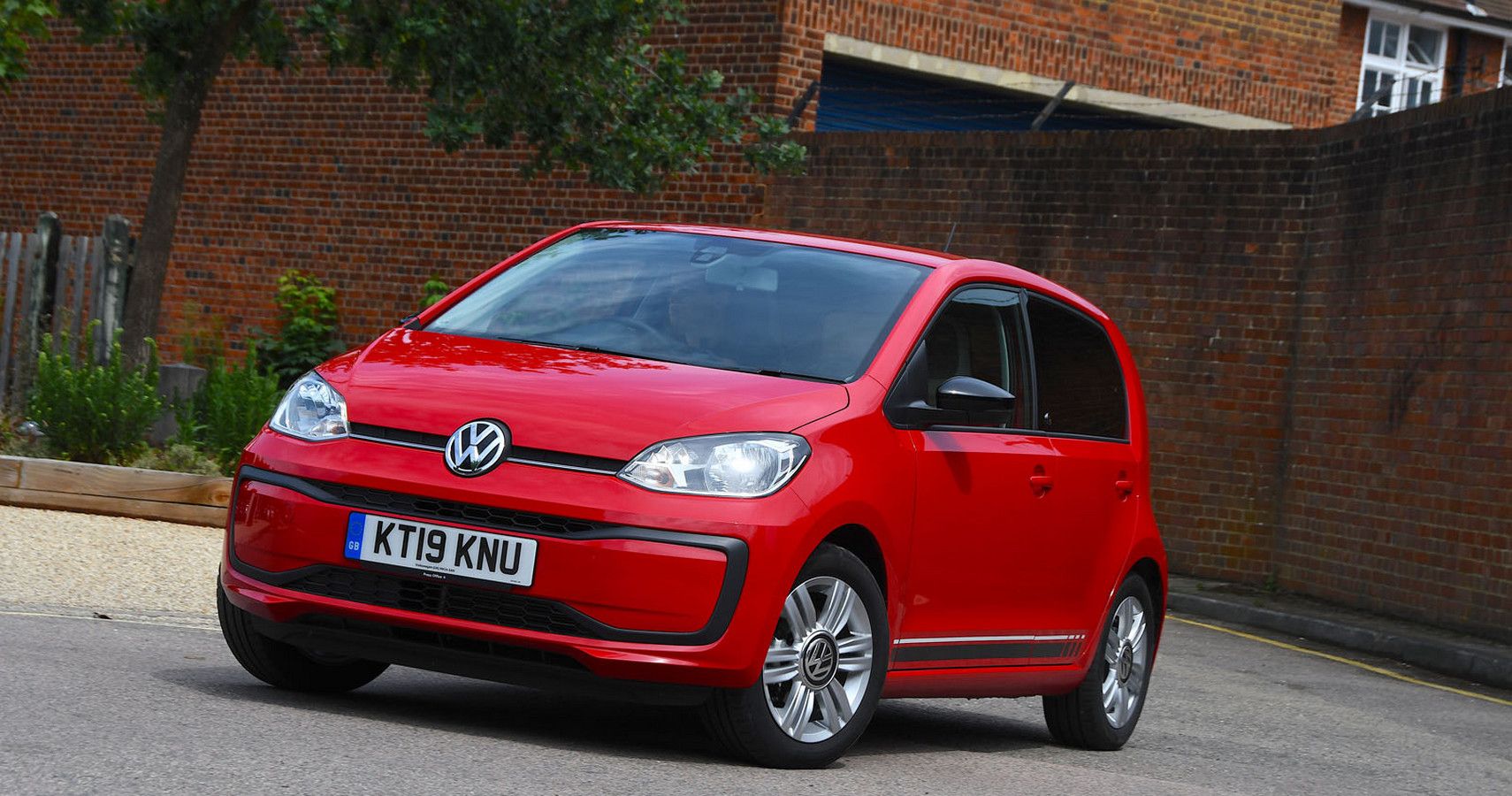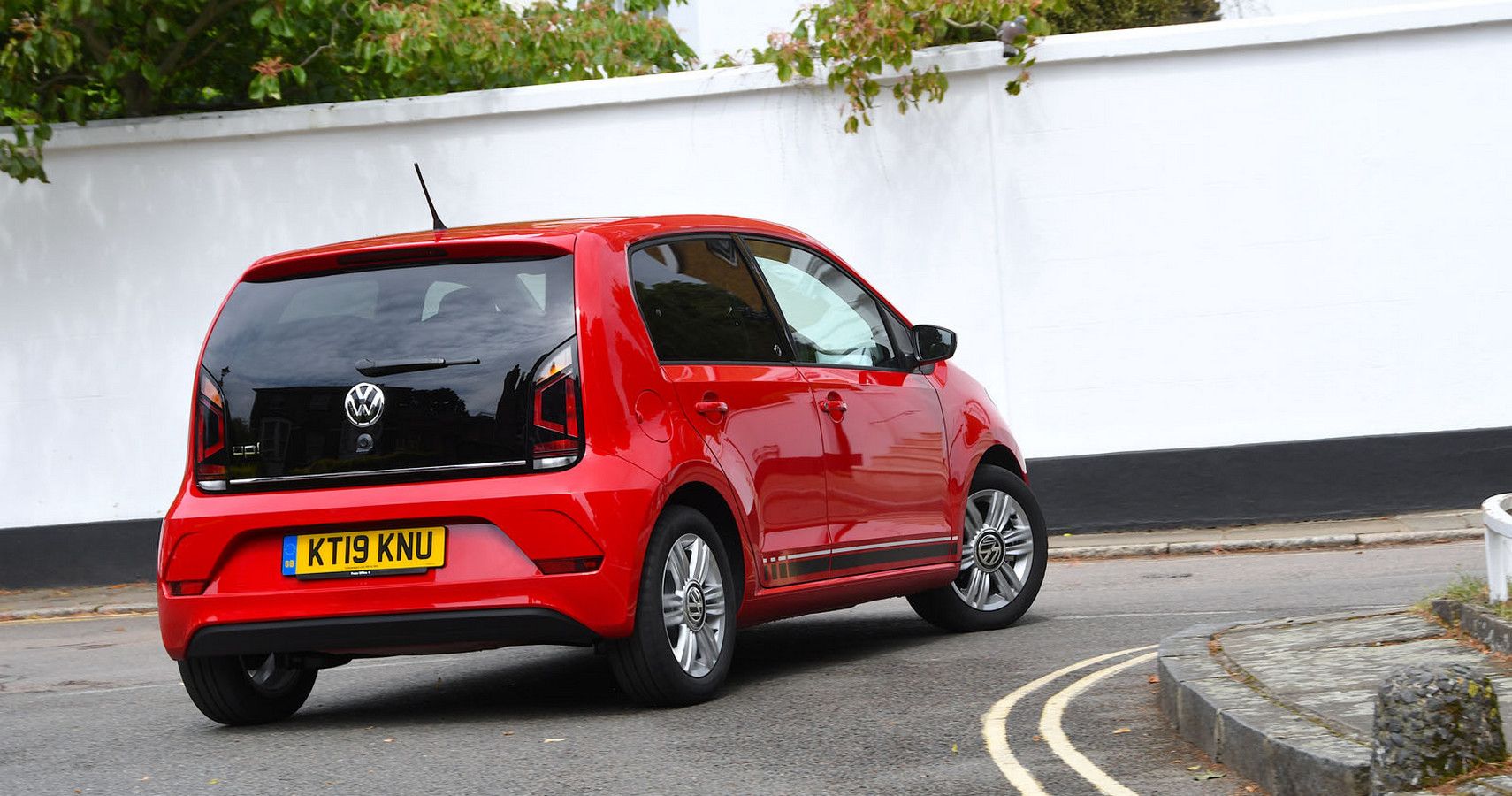While there are plenty of fast cars you can buy in 2020, crazy supercar top speeds are almost pointless these days. With the world's population centered around built-up urban jungles, it's far more important how quickly a car can accelerate through busy traffic.
In what should be the best scenario, small cars with small, yet powerful turbocharged engines producing crazy levels of power and speed is as far from reality as we can get. In their place, we get uninspiring models that are too slow for anyone. Carmakers really shouldn't have any excuse for producing slow cars, turbocharging is a cheap solution to produce more power, sadly even forced induction cars are mated with sluggish transmissions, wasting otherwise useful power.
10 Toyota Corolla Hybrid (Subcompact) - 10.9 Seconds
We have become accustomed to hybrid technology in modern cars, additional torque from electric motors bringing improved acceleration from smaller gas-powered cars, or so the theory goes. By far the most experience hybrid carmaker, Toyota really could have done better with its latest Corolla model, still packing a 1.8-liter gasoline engine combined with electric power results in a disappointing 120hp.
Acceptance of hybrid technology in the pursuit of cleaner emissions is a good thing, but surely Toyota could have done a lot better than the Corolla's 62mph time of 10.9 seconds, even other makers' 1-liter cars can better this figure.
9 Mitsubishi Mirage (City Car) - 12 Seconds
Designed for the cut and thrust of busy city streets, the Mirage scores well for its small body but loses out on the all-important nippy performance or lack of it. With low running costs in mind being responsible for the Mirages 1.2-liter three-cylinder engine. It's not especially powerful producing just 78hp, but it is returning an impressive 43mpg.
Fuel economy and emissions come at a price, all Mirage models ship with CVT transmissions - which are great for lazy drivers not bothered with shifting - having the greatest impact on acceleration, 62mph eventually arriving in 12 seconds.
8 Toyota C-HR (Crossover/SUV) - 11 Seconds
Filling a gap for Toyota in the crowded SUV market, the C-HR, despite the nondescript model name, is a decent enough car, it's just it doesn't quite live up to Sport Utility Vehicle expectations. Optional all-wheel-drive models at least boast capable light off-roading abilities, with only the low ride-height being a limiting factor.
On-road ability is where the C-HR's biggest weakness shows, using the same 1.8-liter engine and CVT combination from the Prius doesn't suit the taller C-HR body, extra weight having a huge impact on performance, as a result needing 11 seconds to reach 60mph.
7 Ford EcoSport (Crossover/SUV) - 11.8 Seconds
One of the great engine ranges of modern times, Ford's Ecoboost powering a range of cars from Mustangs down to the EcoSport. Somewhere along the way, the EcoSport's engine lost a few cylinders, culminating in a tiny 1-liter 3-cylinder turbocharged unit delivering its maximum 123hp, 60mph taking an unsporty 11.8 seconds.
Essentially a higher-riding version of Ford's popular Fiesta, the crazy levels of demand for small SUV's forcing carmakers to build in effect slower inferior versions of existing models.
6 Citroën C-Zero (City Car) - 15.9 Seconds
Sooner or later every new car will be electric, hopefully, carmakers will learn that gearheads don't want slow microcars like Citroën's slow C-Zero. Possibly taking the city car to the extreme, Citroën built the smallest possible car fitted with an electric motor in the pursuit of environmental issues, forgetting that the C-zero needs to be interesting enough for someone to buy.
EVs produce zero local emissions, weight and size are no longer a major design consideration, so why not fit C-zero with a more powerful drivetrain, at least that way owners won't have to endure the 15.9 seconds it takes to reach 60mph.
5 Nissan Sentra (Compact Sedan) - 9.2 Seconds
Pretty much every car on sale today comes with engine and transmission options, Nissan bucking the trend with their 2020 Sentra offering only one drivetrain. Limited to a single 2-liter 4-cylinder engine producing 149hp on paper at least looks promising. However, any performance hopes quickly evaporate due to the CVT transmission hampering performance - 60mph taking 9.2 seconds.
Carmakers quick to jump on the CVT bandwagon pairing these transmissions with smaller engines drain performance, smooth seamless power delivery is fine, but not at the expense of driver fun.
4 Chevrolet Spark (City Car) - 11 Seconds
Badge-engineered cars are a cheap way to bring new models to market, Spark being produced by GM Korea manages to pull off a decent quality budget-friendly small car. That's not to say some compromises have been made, Spark like other cars in this segment focus on passenger comfort with any hopes of performance taking a back seat.
At low speeds around town, the Spark's 1.4-liter engine pulls just fine, it's only when venturing above 30mph its CVT transmission lets itself down. Lacking sufficient mid-range power evident from the lengthy 7.6 seconds 50-70mph time, equally sluggish standing starts taking 10.7 seconds for the 60mp sprint.
3 Smart EQ Fortwo (City Car) - 12 Seconds
Never a favorite among gearheads due to its quirky design, worse still, for 2020 the entire range has gone electric. Adopting all-new electric powertrain points to Smart's intended market segment concentrating on city owners evident from the limited 58-mile range and slow 0 to 60mph time of 12 seconds.
Space restrictions forcing the use of a relatively small 17.2kWh battery pack compromising both endurance and performance, with little to show for the trade-off for owners.
2 Tata Tigor (Compact Sedan) - 13.9 Seconds
Designed primarily for the Indian domestic market, Tata has spared western gearheads the driving pleasure of their budget Tigor sedan that's both unattractive and desperately slow. Base models shipping with catchily named Revotron 1.2-liter engines send 85hp to the rear wheels via its 5-speed manual transmission, and yet still Tigor owners will struggle to hit 60mph in less than 14 seconds.
Unashamedly built down to a price, showroom models starting around $6,000 accounting for the lack of refinement and performance, however, Tata owns some of the most prestigious carmakers, surely they can do better.
1 Volkswagen Up! ( City Car) - 15.6 Seconds
Strangely taking a performance step backward for 2020 VW dropped the more powerful Up! models in favor of the cheaper to insure base models. Featuring a small 1-liter 3-cylinder engine develops just 64hp having a huge impact on performance, 60mph takes an incredibly slow 15.6 seconds, flat out just creeping over the 100mph barrier.
Up! is one of the better small city car offerings, making VW's choice to take a performance step backward and odd decision, previous models already able to meet stringent emissions requirements


